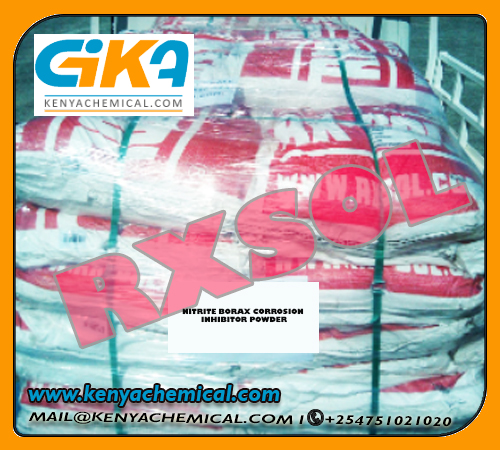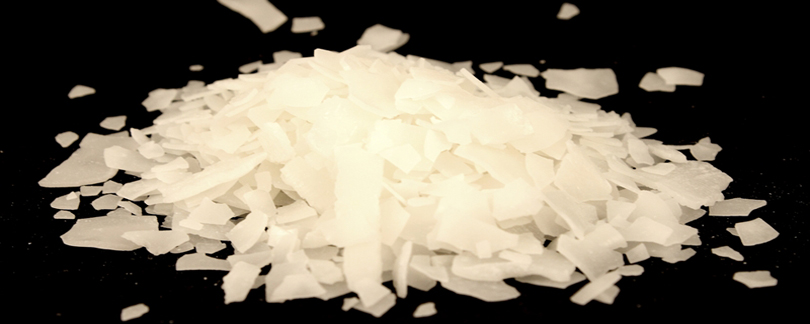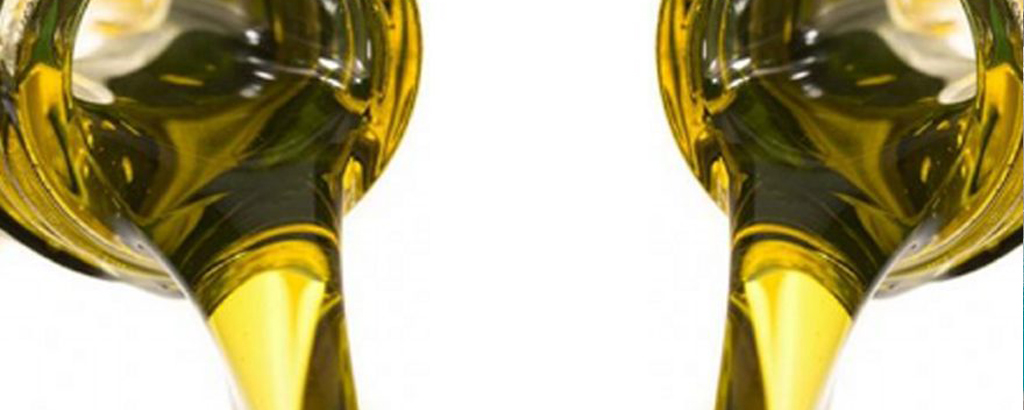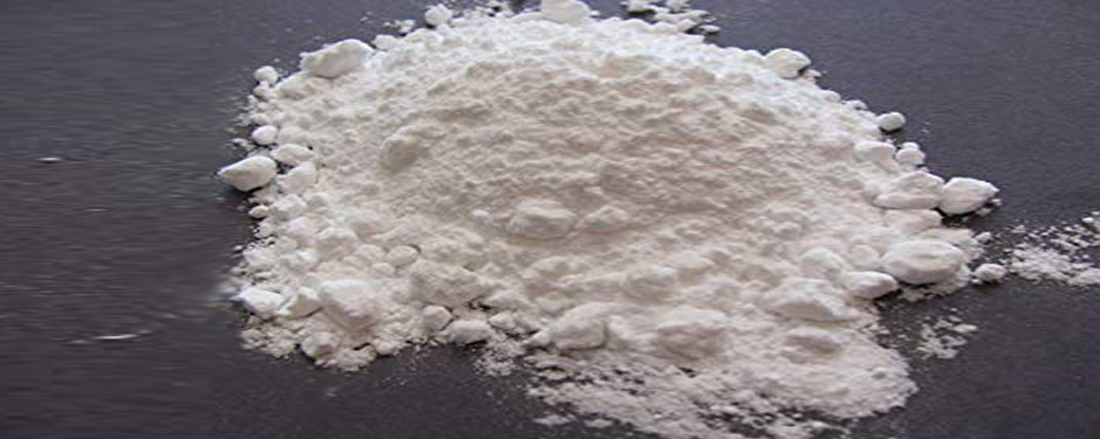HYDROXYLAMINE HYDROCHLORIDE FOR SYNTHESIS
Hydroxylamine hydrochloride can be prepared technically by the electrolytic reduction of nitric acid1 and by the action of sodium bisulfite on sodium nitrite.
Hydroxylamine may be prepared by several methods; of current technical importance are the hydrolysis of nitroalkanes (RCH2NO2) and the catalytic hydrogenation of nitric oxide (NO). Hydroxylamine, NH2OH, may be thought of as being derived from ammonia by
Hydroxylamine hydrochloride is a monomoamine oxidase inhibitor. It is used to prepare oximes and hydroxmic acids in organic synthesis. It acts as a copolymerization inhibitor. It can be used to remove bromine and polybromide from a solution during extraction of lignin from lignocellulosic biomass.
Hydroxylamine is used as a reducing agent in photography, in synthetic and analytical chemistry, to purify aldehydes and ketones, as an antioxidant for fatty acids and soaps, and as a dehairing agent for hides. In addition, hydroxylamine is used in the production of cyclohexanone oxime or caprolactam.









